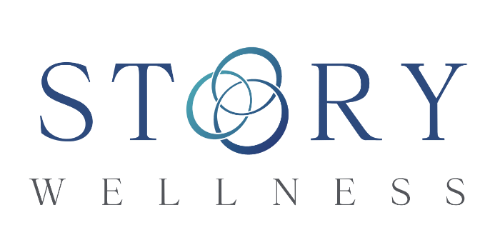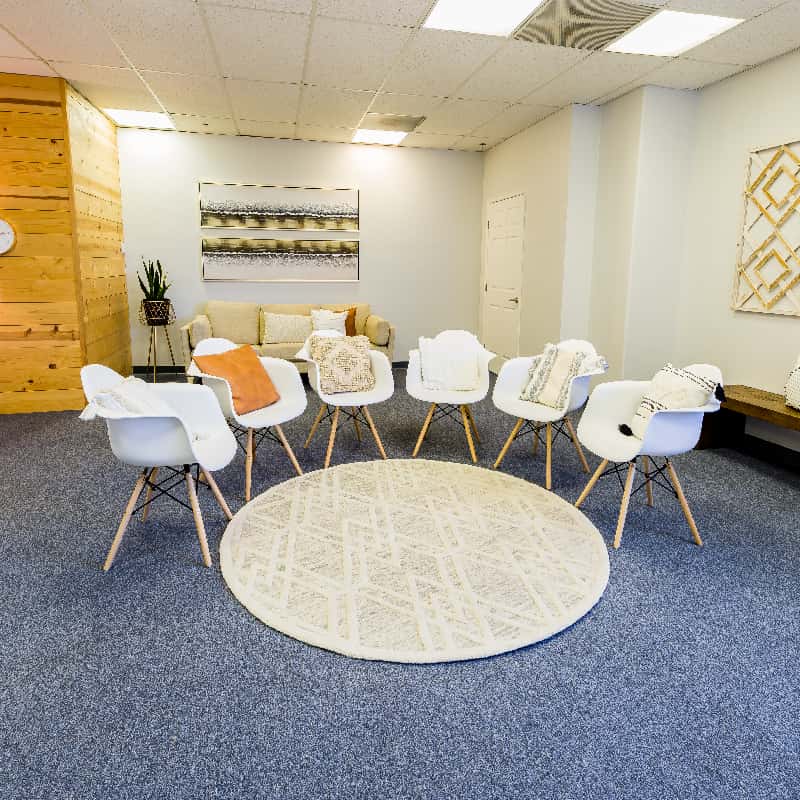There is no question: life is complex. Filled with hills, valleys, peaks and darker depths, our outlook and joys often move with the terrain we happen to be traversing at any given moment. Some of us hit valleys early in life, and they may even seem relentless—like there is no way out. But the human spirit and the human mind is resilient. It can change and become new. Sometimes it just takes a little help for it to get there. This is where the idea of IOP for mental health comes in. To help you understand its potential for healing, lets cover the question: What is IOP?
The Labyrinth of the Mind
Understanding IOP requires a deeper dive into the intricate web of mental health. The terrain of our psychological well-being is as varied as the landscapes around us. Like a mountain guide, we also need professional guidance to navigate the pathways of our minds. In this, IOP serves as an adept guide.
Contact Story Wellness
Intensive Outpatient Program (IOP)
So, what precisely is an Intensive Outpatient Program? It is a structured therapeutic program designed to treat emotional and psychological challenges without inpatient or residential treatment. Its intensive mental health treatment, but you live at home. It is akin to a bridge that aids one’s journey between entire hospitalization and traditional outpatient care.
The specifics of IOP can vary based on individual needs, but some commonalities persist:
- Duration and Schedule: IOPs can last a few months with daily therapeutic sessions. This is dependent on the individual, however.
- Group Therapy: At the heart of most IOPs is group therapy. Group therapy gives support, treatment, camaraderie, and a place to feel validated.
- Individual Counseling: Personalized sessions with professional counselors are typically included in the plan.
- Skills Training: Whether it’s learning coping mechanisms, stress management, or cognitive-behavioral techniques, these programs often equip individuals with practical tools that can be implemented in life.
What Is IOP and Does It Work?
To appreciate the significance of IOPs, let’s look at the data:
- Rising Mental Health Concerns: As of 2020, nearly 1 in 5 U.S. adults lived with a mental illness (51.5 million people). This was an increase of 1.5 million from the previous year.
- Success Rates: IOPs have displayed efficacy rates comparable to inpatient treatment for many individuals. For instance, studies have shown that nearly 70% of those undergoing IOP for substance use issues remained abstinent six months post-treatment.
- Flexibility: The flexibility of IOPs is commendable. Over 60% of individuals opt for IOP because of its adaptability, allowing them to maintain their work, school, or family responsibilities.
The Path to Healing: A Communal Effort
The concept of community is intrinsic to the ethos of IOP. As M. Scott Peck says, “We cannot be of help to ourselves without being a help to others.”
In the healing journey, the mind’s complexity often requires varied approaches for deeper healing. An Intensive Outpatient Program (IOP) provides the scaffolding, enabling individuals to paint their recovery narrative. Each program will vary to degrees, but here are some you can expect when asking, “What is IOP?”
Array of Therapies
- Cognitive Behavioral Therapy (CBT): Rooted in the belief that our thoughts govern our actions, CBT seeks to reshape negative patterns. Through it, one can change despair’s narrative into hope.
- Dialectical Behavior Therapy (DBT): A derivative of CBT, this therapy nurtures the idea of living in the moment, accepting one’s feelings, and finding a balanced approach to distressing situations.
- Narrative Therapy: Life is a story, and each of us is its author. Narrative therapy allows individuals to deconstruct and reconstruct their life, separating themselves from their problems and enabling them to rewrite their destinies.
- Experiential Therapy: Through actions, movements, and activities, individuals face and address hidden feelings or past traumas, often bringing a cathartic release.
What Does IOP Look Like?
A weekly schedule for a mental health IOP typically has a balanced mix of group sessions, individual therapies, self-care, and educational components.
At the Story Wellness IOP for mental health, we offer 9-15 hours each week of group therapy, weekly individual therapy sessions as well as weekly Psychiatrist visits.
Clients in Intensive Outpatient Programs typically visit our facility three to five days per week for about three hours per visit.
IOP: Not Just Treatment, but Transformation
IOP is about transformation. It allows individuals to take their treatment seriously while maintaining a sense of their lives as they currently are. Participating in an IOP puts a person in the deep work of self-understanding and healing. This process, though intensive, can be transformational.
Your Journey Begins with Your Story
Every story deserves a setting where it can be nurtured, heard, and transformed.
At Story Wellness, in Orange County, CA, we offer an Intensive Outpatient Program tailored to your unique narrative. Whether you’re navigating the chapters of anxiety, depression, trauma, or addiction, our skilled professionals are dedicated to walking beside you, providing the tools and understanding essential for a triumphant narrative.
Begin the next chapter of your life with us. Call today: 866-476-2823.






